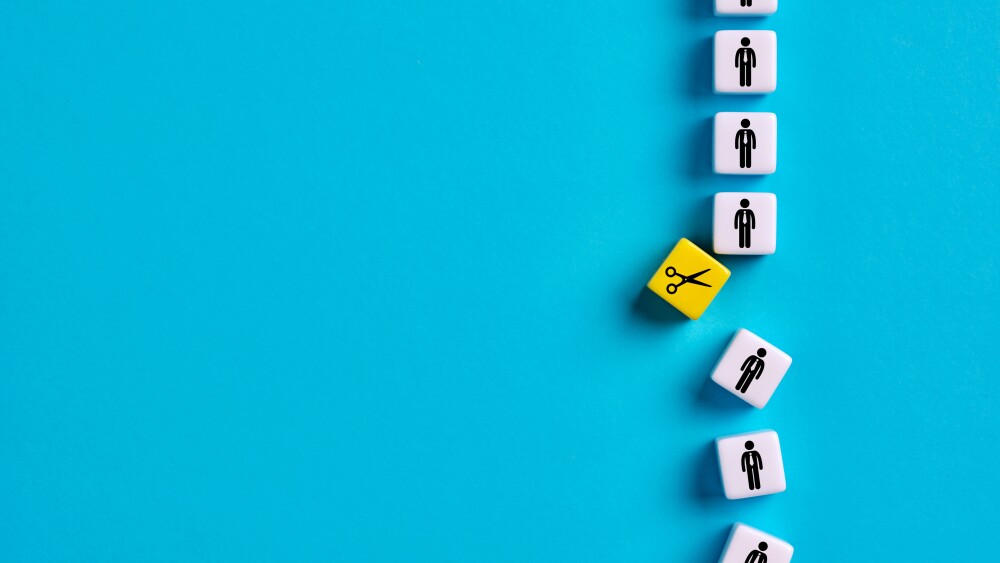March 10, 2016
By Alex Keown, BioSpace.com Breaking News Staff
SAN RAMON, Calif. – Theranos rival HealthTell, an early stage life sciences company using a single drop of blood to diagnose multiple conditions via its immunosignature technology, snatched up $26 million in funding, according to a filing with the U.S. Securities and Exchange Commission.
HealthTell, which launched in 2011, is developing a diagnostic platform capable of assessing an individual’s immune system response to specific diseases. The company’s technology is designed to detect up to 30 different possible ailments, including arthritis, influenza, cancer, autoimmune, Alzheimer’s disease, as well as some infectious diseases, such as Valley Fever. According to HealthTell’s website, the company’s immunosignature technology “provides a real-time measurement of an individual’s health—not a statistical risk of something happening in the future.” Using a blood sample, the technology provides a snapshot of what antibodies are present in the blood at a given time, the company said. The technology uses a single drop of blood to scan for those diseases.
According to the company, HealthTell’s technology analyzes the binding patterns of an individual’s antibodies to proprietary peptide arrays, which provide accurate insight into the presence and nature of specific diseases.
HealthTell has not officially announced its latest fundraising efforts, so it is unknown how the company intends to use this infusion of cash. MedCity News reported HealthTell has been backed by such stalwart investors as “Vital Venture Capital, Paladin Capital Group, Acadia Woods Partners, Cambridge Global Capital and the Broe Group.” Last year HealthTell raised $13.5 million to launch its diagnostics platform. The company is in the process of shopping its technology to pharmaceutical partners, MedCity News said.
While investors seem to see promise in HealthTell’s technology, others may be losing faith in Palo Alto-based Theranos, which has been under intense scrutiny over the efficacy of its technology, as well as the reliability of at least one of its laboratory facilities. Following an inspection of its labs earlier this summer by the U.S. Food and Drug Administration, federal regulators called the company’s proprietary Nanotainer tubes an uncleared medical device. Regulators were critical of some of the practices its inspectors observed, including improper classification for its proprietary nanotainer tubes used for blood specimens. The FDA said Theranos’ Nanotainer blood specimen tubes are not properly filed as a Class II medical device, but are instead being identified as a Class I medical exempt device. Other observations made by FDA inspectors include a criticism that a method for addressing complaints regarding a possible failure of the device to meet its specifications were not “reviewed, evaluated and investigated where necessary.”
Recently a Rice University study questioned the accuracy of blood-testing devices that rely on a single drop of blood, which includes HealthTell’s and Theranos’ tests. According to the new study, published in The American Journal of Clinical Pathology, Rice bioengineers said different drops from the same blood sample produced wildly different results for “basic health measures like hemoglobin, white blood cell counts and platelet counts.” Rice researchers said in order to match the accuracy from traditionally drawn blood methods, it required the averaging of six to nine drops of blood, the New York Times reported.





